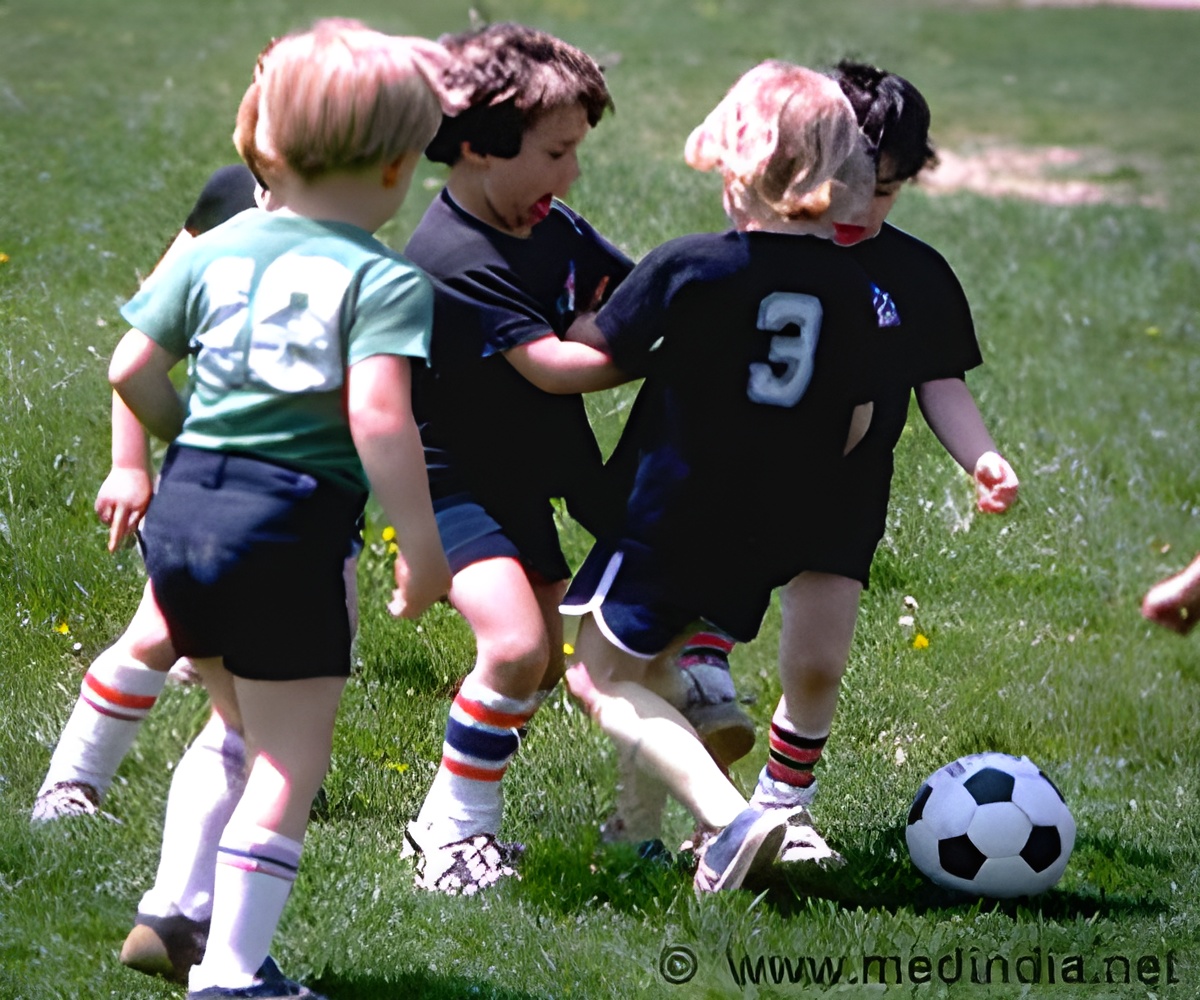
‘Exercise and sports are extremely important for autistic children. Coaches also play a major in providing the ‘right’ environment for students to enjoy and participate in the sport. Therefore, coaches need to be trained to achieve the best results for students with autism.’
Tweet it Now
“Coaches play a paramount role in providing the ‘right’ environment for students with autism to enjoy and participate in sport, yet the challenge is that they often feel unprepared to work in special settings.“Our research shows that there are specific tactics that coaches can use to encourage students with autism to more effectively participate in sports and physical activities.
“These include using visual cards to communicate; demonstrating activities before students have a go; using distinct coaching aids to familiarise students with sports equipment, and various approaches for overcoming individual sensory challenges.
“We’re very pleased to hear that both parents and teachers are reporting great improvements in physical and interpersonal skills, concentration, and general calmness, as well as increased interests in new experiences, new friendships, and a general feeling of being more connected with the environment and community.”
Autism Spectrum Disorder (ASD) is a lifelong developmental condition that can affect how a person communicates and interacts with the world around them. In Australia, the Australian Bureau of Statistics estimates approximately 164,000 Australians are living with ASD, with Autism Spectrum Australia indicating that the prevalence of ASD could be as high as 1 in every 70 people.
Advertisement
“Many kids on the spectrum struggle to process auditory commands which can make verbal instructions tricky, but add a visual cue card as a prompt or actively show them what they need to do, and it’s a completely different story,” McGrath says.
Advertisement
Developed in partnership with Modbury Special School and not-for-profit organization SportsUnited, Supporting Success was initially created for adolescents to help them build self-confidence and belief in their own abilities through sport. Now in its fourth year, the program has been extended to junior primary school children to help improve their gross motor skills, communication and socialization skills.
Supporting Success partner, Ginny Pyatt from the Modbury Special School says the coaching interventions provide valuable strategies for encouraging children with ASD to participate in sports.
“Sport and exercise are extremely important for children on the autism spectrum,” Ginny Pyatt says.
“We’ve seen Supporting Success deliver incredible improvements in students’ physical competencies and sporting skills, but also in their confidence, social capabilities and well-being.
“Plus, the new junior-primary program is not only helping children build their skills in climbing, jumping, running and balancing but importantly it’s also helping them build friendships, which is just beautiful.
“Through Supporting Success, we’ve been able to positively impact the lives of more than 50 children and families affected by ASD. This program has given these children a sense of normalcy, an opportunity to have fun with their peers, and far-improved interpersonal skills, all which will hold them in good stead for the future.”
Source-Newswise











